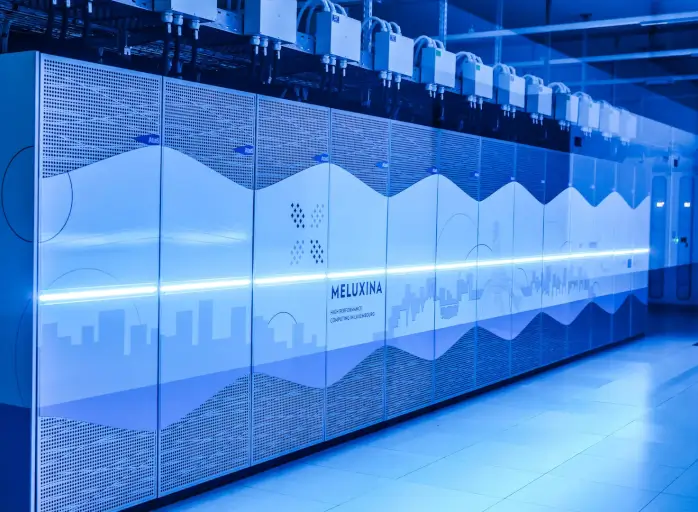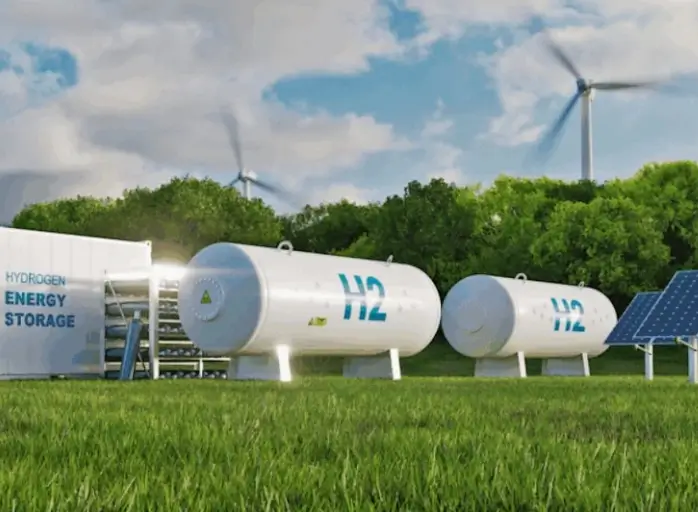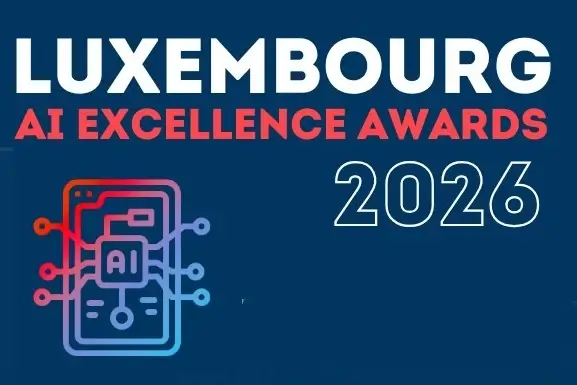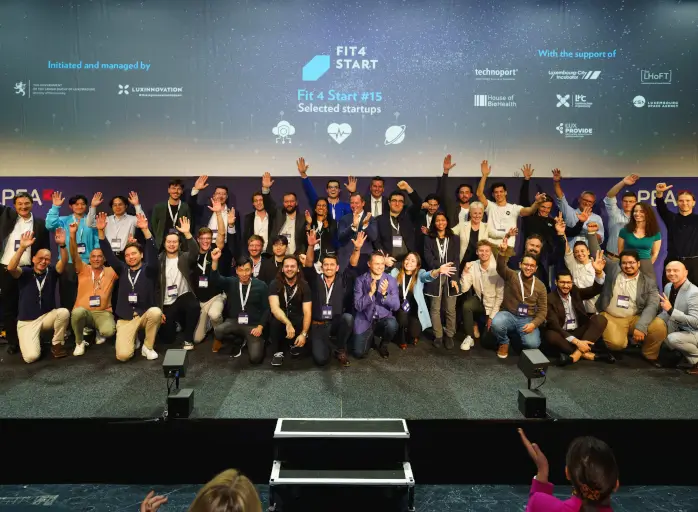
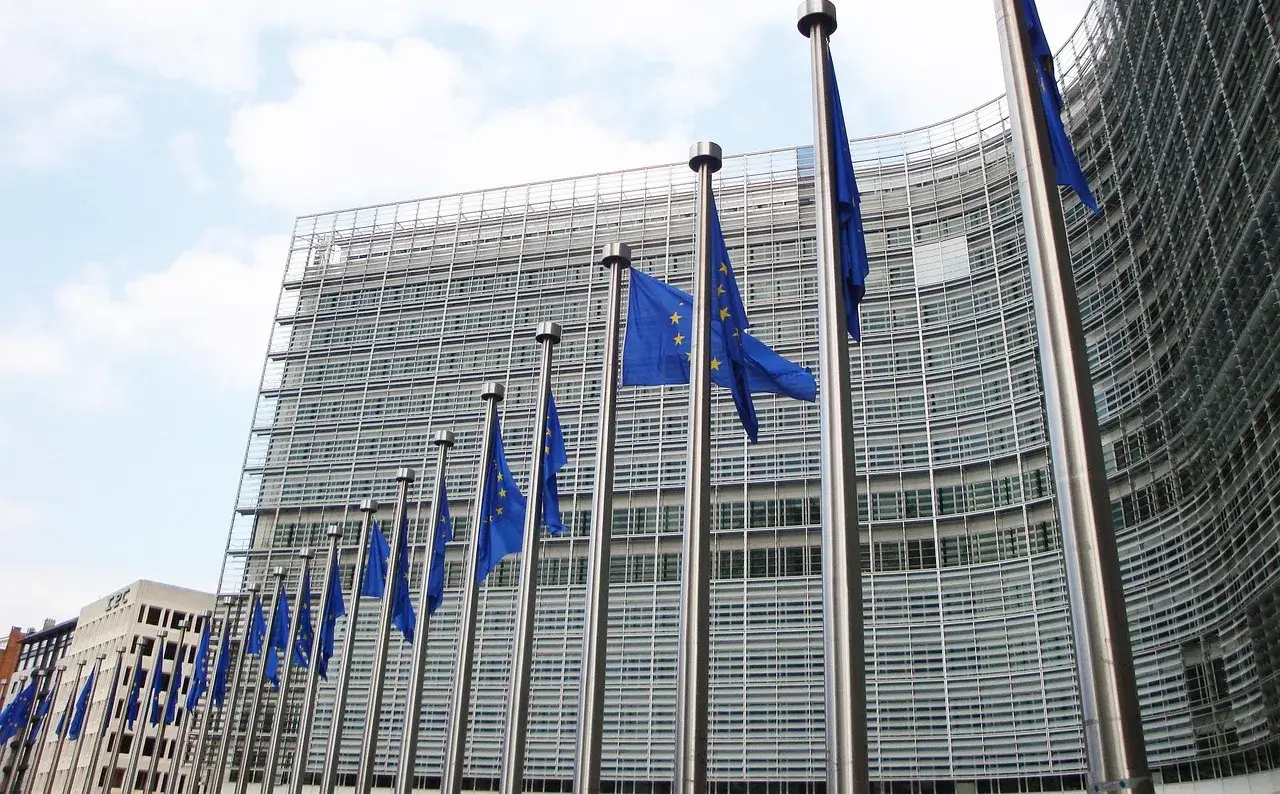
New Horizon Europe plan nearly doubles funding
The EU unveils FP10, a €175B Horizon Europe successor. It doubles the programme’s capacity with new goals, structure, and funding to boost R&I from 2028 to 2034.
 Jean-Michel Gaudron
Jean-Michel Gaudron
On 16 July, European Commission (EC) President Ursula von der Leyen presented the proposal for the successor to Horizon Europe, the EU’s flagship research and innovation (R&I) programme.
Covering the period 2028 to 2034, the next Framework Programme, FP10, is set to receive a proposed budget of €175 billion, nearly doubling the €95.5 billion allocated to the current programme (2021–2027).
In the Commission’s proposal, FP10 will retain the “Horizon Europe” brand and continue as a stand-alone programme within the newly proposed European Competitiveness Fund (ECF), totalling €409 billion. The close link between FP10 and the ECF reflects the ECF’s goal of consolidating multiple existing EU financial instruments with similar aims, while focusing on deploying R&I outcomes from Horizon Europe.
Key Changes in FP10
FP10 introduces a range of structural and strategic changes aimed at boosting impact, simplifying participation, and aligning more closely with the EU’s broader political priorities:
➤ Four-Pillar Structure
While Horizon Europe’s three-pillar structure provided a solid foundation, FP10 adds a dedicated fourth pillar for the European Research Area (ERA), reinforcing the EU’s commitment to a more cohesive and inclusive research ecosystem:
- Pillar I – Excellent Science: Will continue to support frontier research via the Marie Skłodowska-Curie Actions and the European Research Council, which will promote the new “Choose Europe” initiative—launched in May by the EC to attract top talent.
Fundamental bottom-up research is set to receive a major funding increase in FP10, rising from €25 billion to €44 billion compared to Horizon Europe. This pillar also supports the EC’s in-house science and knowledge service, the Joint Research Centre, under its “Science for EU Policies” component. - Pillar II – Competitiveness and Society: Will further support collaborative research with a proposed budget of €75.876 billion (+ €22.3 billion).
The Competitiveness component uses a new structure based on four strategic policy windows of the ECF, replacing Horizon Europe’s traditional clusters:
i) Clean transition and industrial decarbonisation,
ii) Health, biotechnology, agriculture and the bioeconomy ,
iii) Digital leadership ,
iv) Resilience, security, defence industry, and space.
The Society component of Pillar II includes: EU Missions, the New European Bauhaus (NEB), and Global Societal Challenges. - Pillar III – Innovation: Will increase support for innovation in Europe with a proposed budget of €38.785 billion—almost tripling that of Horizon Europe. Its core focus remains: driving the development of new products, services, and business models through two maintained instruments:
i) the European Innovation Council—now extended to support high-risk projects with the possibility of discontinuation, as well as defence and dual-use technologies; and
ii) Innovation Ecosystems and the Knowledge Triangle. - Pillar IV – European Research Area: Will strengthen the ERA with a proposed budget of €16.2 billion—up from €3.4 billion in Horizon Europe. This funding will support:
i) the Widening Participation programme, helping countries with lower R&I performance, and
ii) EU research policy.
The major budget increase stems largely from transferring the Research and Technology Infrastructures instrument from Pillar I (under Horizon Europe) to the new Pillar IV in FP10, acknowledging the strategic importance of research infrastructures in advancing the ERA.
➤ Simplification
The FP10 proposal promises a more streamlined experience for participants:
- Shorter work programmes with fewer, less prescriptive, open topics
- Reduced time from proposal submission to grant: a maximum of 7 months
- Broader use of lump sum funding as the standard model
- 100% funding rate for SMEs (compared to 70% for other for-profit entities)
➤ Moonshot Projects for Global Leadership
FP10 proposes the launch of moonshot projects to bridge the gap between research and real-world deployment. These initiatives will be supported by pooled funding from Horizon Europe, the ECF, and national, public, and private sources.
Key focus areas include quantum computing, next-generation AI, automated mobility, data sovereignty, regenerative therapies, and the space economy, among others.
The proposal now enters negotiations between the European Parliament, the 27 Member States, and the European Commission. A final agreement is expected by the end of 2027.
Need help Navigating the transition?
As Luxembourg’s National Contact Point (NCP) for Horizon Europe, Luxinnovation provides guidance and support throughout the transition to FP10. Stay up to date with the latest developments, events, and opportunities by subscribing to our newsletter and contacting the NCP team:
Factsheets:




